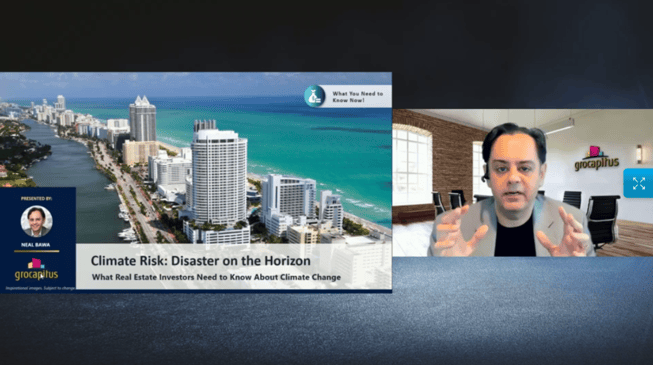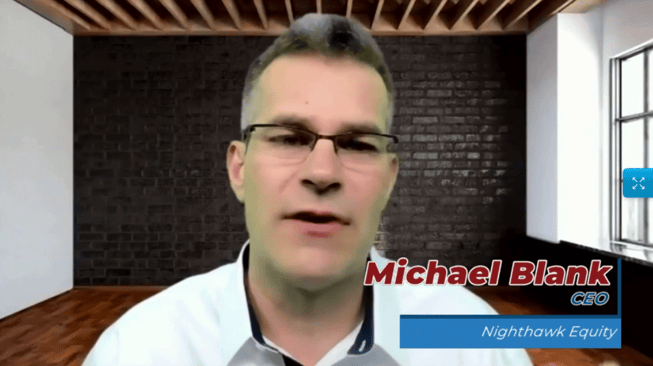The Top 10 Things to Ask Before Investing

Ryan Gibson, Spartan Investment Group
Your interview with the operator
- Ask open ended questions: When interviewing operators, see if they are interested in what you have to say
- Write down notes
- Keep a log of operator Q&A
- Portfolio projects
- Referrals
- Property location
Are they an operator or syndicator? Determine what role the company plays. How are they compensated, how are they aligned with you? Are they aligned with the success of the project?
Tell me about a deal gone bad? This is Ryan’s favorite question. Having no deals that have gone bad indicates low experience or a lie while having deals that have gone bad helps you judge the grit of the syndicator.
What is their mission, vision, and values? Does their mission, vision, values, align with yours? Ask them to give an example of how they’ve used their values recently.
Who is on the team? Are they a one-man band or do they have a deep bench? Are they vertically integrated? Are they using the fees they charge to hire a great team or to pay themselves?
What is their core business model? Selling education? Working elsewhere? Focused on deals? Gurus?
What is your investor communication plan? Ask for last three communications to get a better understanding of their communication style. Is the plan in writing? Can you verify property performance against projections?
What is the performance of their portfolio?
- Historical performance (proforma vs actual): comparison is more important than absolute return since it gives you the right context
- Was it project level IRR or investor IRR: total project may look better than investor level
- Consistent metrics: Ryan likes to use equity multiple and how long it took gives true time tested return, IRR might be misleading or not the best metric
Obtain reference and conduct a background check
- Don’t ask for a reference, find your own, because no one gives bad references
- Find others that have invested in the company
- BBB, Google reviews, 506 Group, etc. – search for the company name and name of the principles
Insurance
- Does SEC attorney provide E&O insurance to cover for lawsuits
- What exclusions are included on their title insurance?
- Is there property insurance at least from an A rated Carrier?
Decision to exit
- What would make an operator exit early? What is their justification for selling?
- Have they sold early in the past? How many time and, how did the actual returns compare to projections?
- How do they brief investors?
The Devastating Impact of Climate Change on Your Real Estate Investments in the Next 10 Years

Neal Bawa, Grocapitus
Impact of climate change in 2020 and questions to think about
- 2020 had $95B in damage from climate disasters
- What will happen to your investments when taxes increase to pay for massive sea walls?
- Where will the money come from to fix Texas’s power grid?
- In California, the six greatest wildfires happened in 2020, and will double in five years. How will this impact California cap rates?
- Cities with sea level rise exposure are already priced at a 7% discount
Many climate risks may become uninsurable: Insurance companies are starting to buy climate data from Moody’s and creating city-by-city insurance plans.
Climate data is being used to downgrade entire cities: When a city is downgraded, their ability to borrow goes down, making it harder to fund re-construction projects. As a result, people move out, and it continues to spiral.
The end of the 30-year mortgage: Full cities may change to 20 year or 15 year mortgages options
The cities with no climate risk will be the next gold rush.
Overall, the people who set ratings, cap rates, insurance rates, mortgage terms, as well as cities are taking climate risk into account, and so should you.
How to Automatically Get More Passive Investors

Michael Blank, Nighthawk Equity
Create a lead magnet: When someone downloads a lead magnet, they get tagged in system as “downloaded”, and put on email list to receive educational emails
Join the club: After downloading the lead magnet, they are invited to fill out a detailed questionnaire, and get tagged as “joined”.
Schedule a call: Included is the option to schedule a call after filling out the questionnaire. After the call, they get tagged as “deal ready” and are now prepared to receive upcoming opportunities
Follow up automation: Automatically send follow-up emails to people tagged with “downloaded” and “joined” until they move forward in the process and set up a phone call or unsubscribe.
How to Create a Social Media Content Engine

David Toupin, Obsidian Capital & Real Estate Lab
Create lots of content one or two times per month: Either by yourself of hire a videographer for one or two sessions each month, and upload all the content to a DropBox folder
Hire an editor to create a content database: use month’s worth of content to create longer videos, shorter videos, and pictures with caption. The goal is to create at least 10 social media posts per one hour of video content
Hire a content manager: the content manager will use the content database to compile one month’s worth of social media posts.
Determine what the focus of your content is going to be: All posts should be directed towards achieving your end goal
You will approve the posts: Once the content manager has compiled a month’s worth of posts, you review and approve
Schedule the posts: After you’ve approved the posts, the content manger schedules them throughout the next month.
Rinse and repeat
When to Bring Property Management In-House

Frank Roessler, Ashcroft Capital
Day 1: Pros and cons
Pros:
- zero disruption
- small overhead: won’t have to build out an entire organization, which is expensive and time consuming
- reduced upfront costs: offices and employee benefits
Cons:
- no best practices: you will be learning on the job at the detriment of the first few properties
- starting at a loss: one property will not cover cost of managing the property, won’t breakeven until you have a couple thousand units
- no industry top talent: don’t have a track record to attract best of the best
When you have scale: Pros and cons
Pros
- Ability to attract top talent: people were eager to jump ship and provide a business plan
- Starting with a profit margin: breakeven or make a little bit of money
- Best practices: because you have the top talent
Cons
- Major disruption: terminating contracts, providing notice, transition process, a million moving parts
- Significant startup costs: hiring a full team before you even have revenue
- Relationships can be hurt
Disclaimer: The views and opinions expressed in this blog post are provided for informational purposes only, and should not be construed as an offer to buy or sell any securities or to make or consider any investment or course of action.



